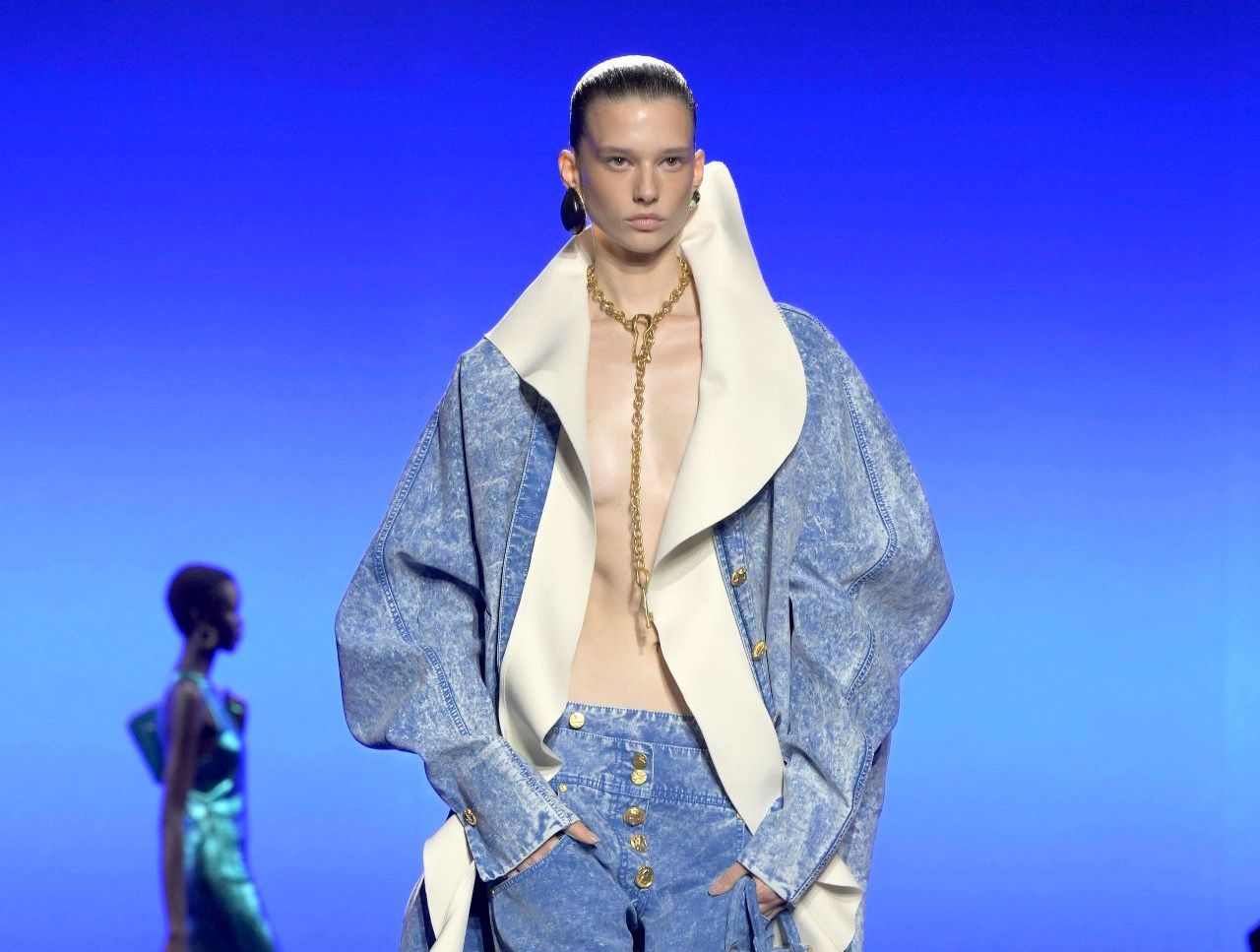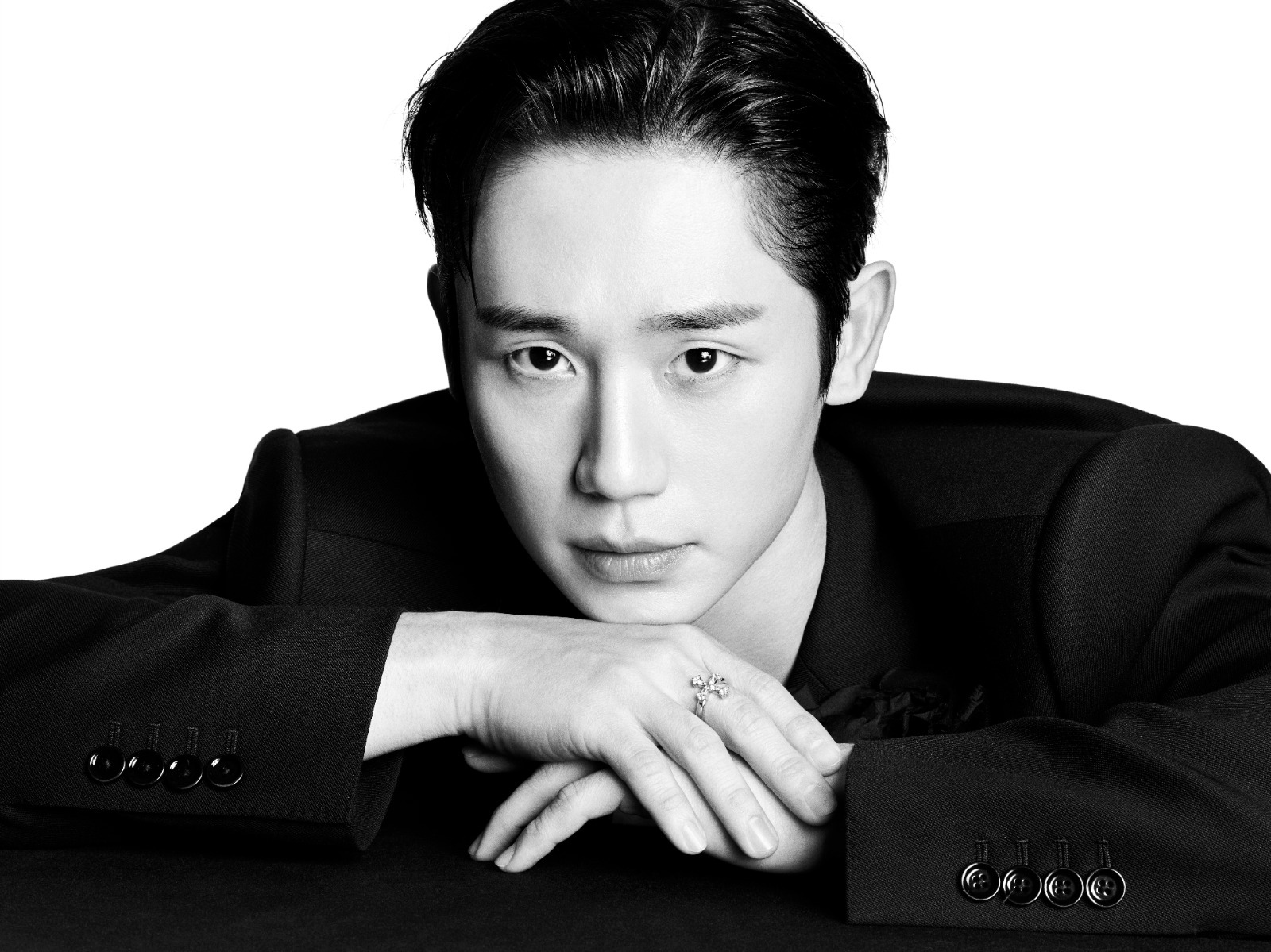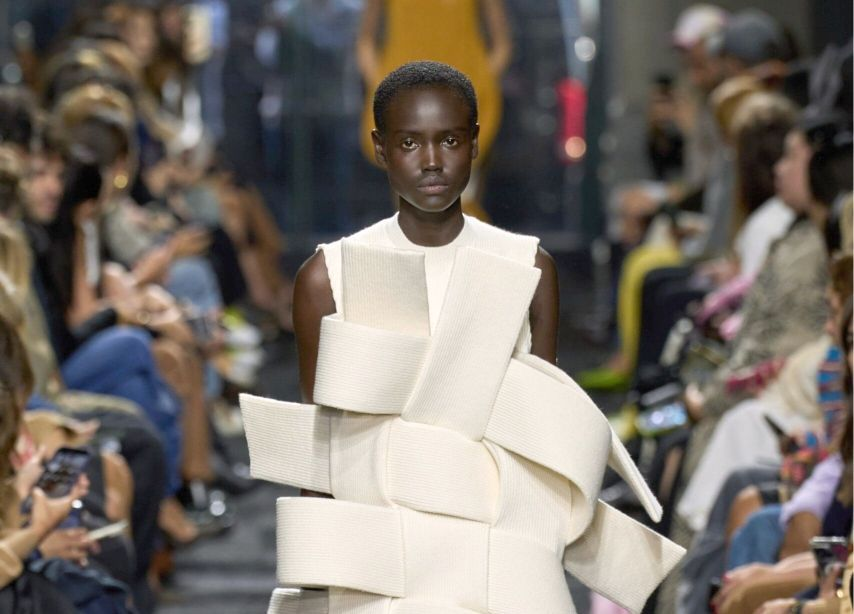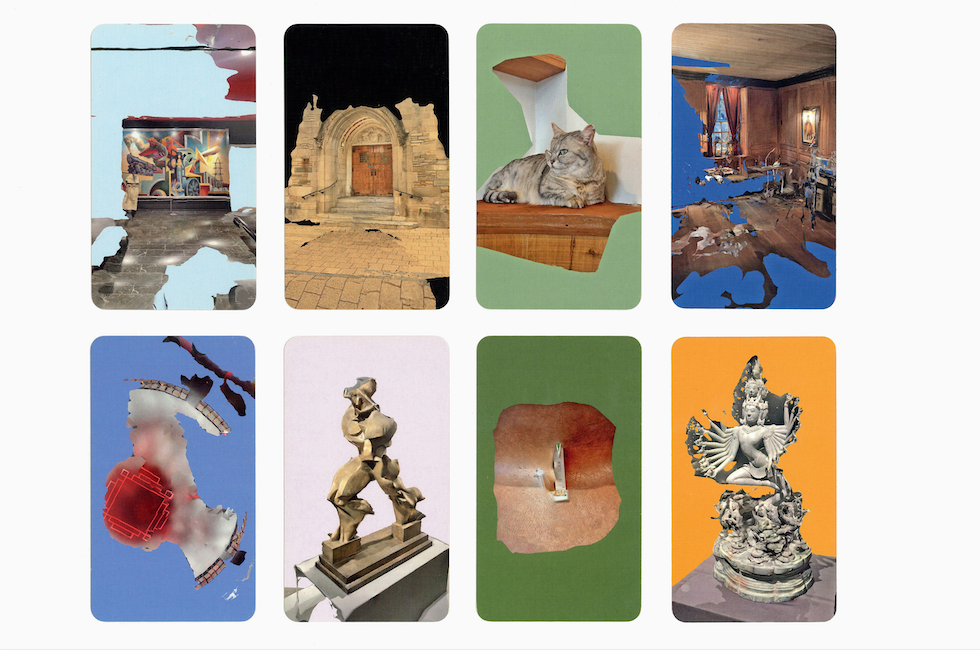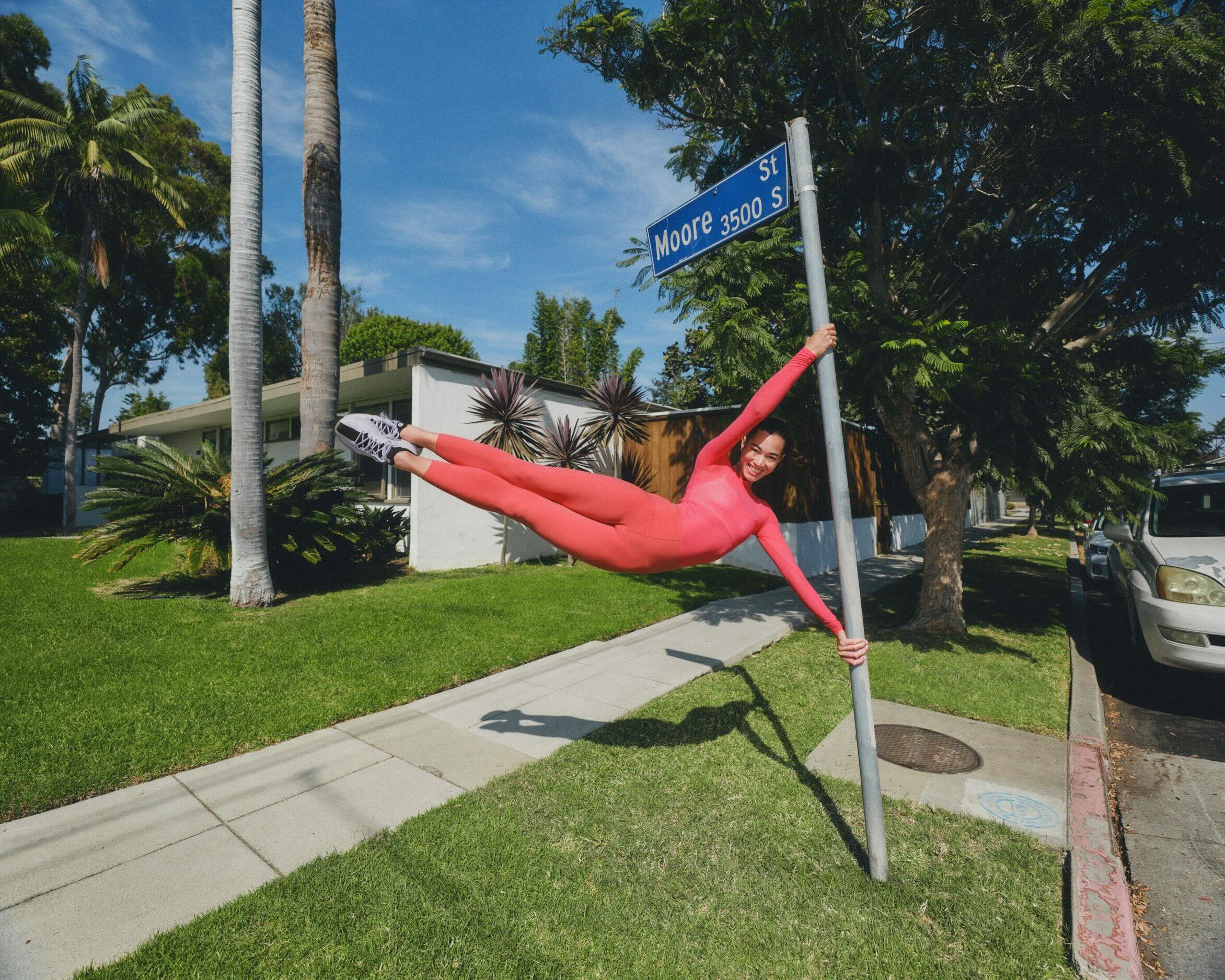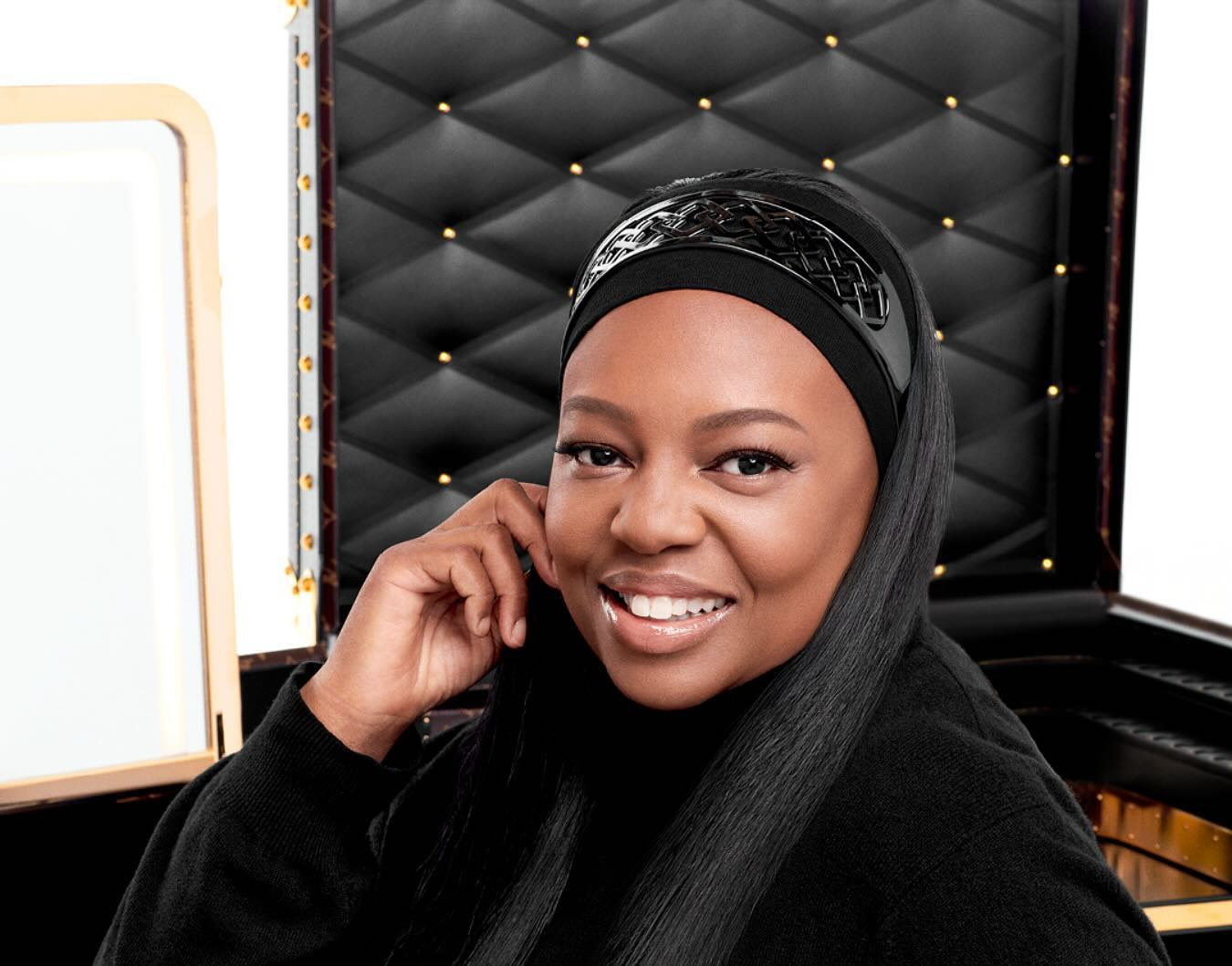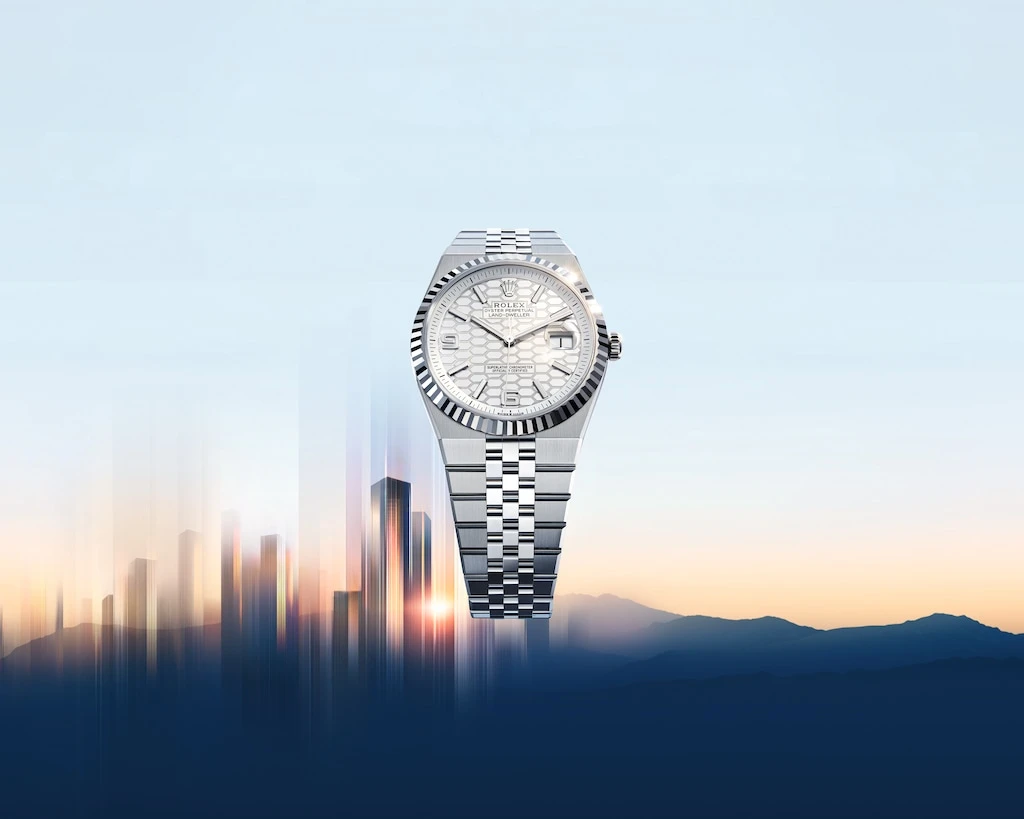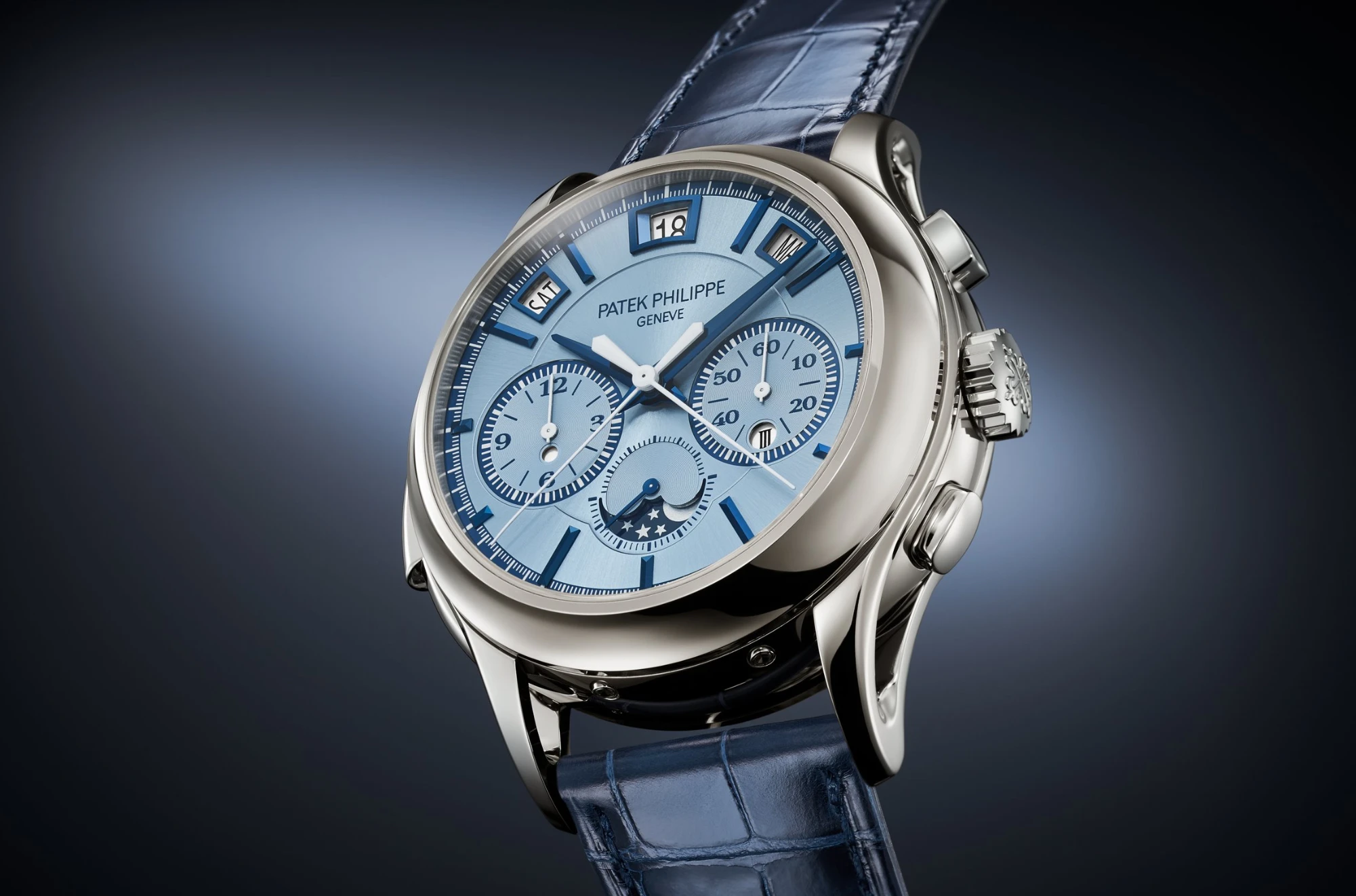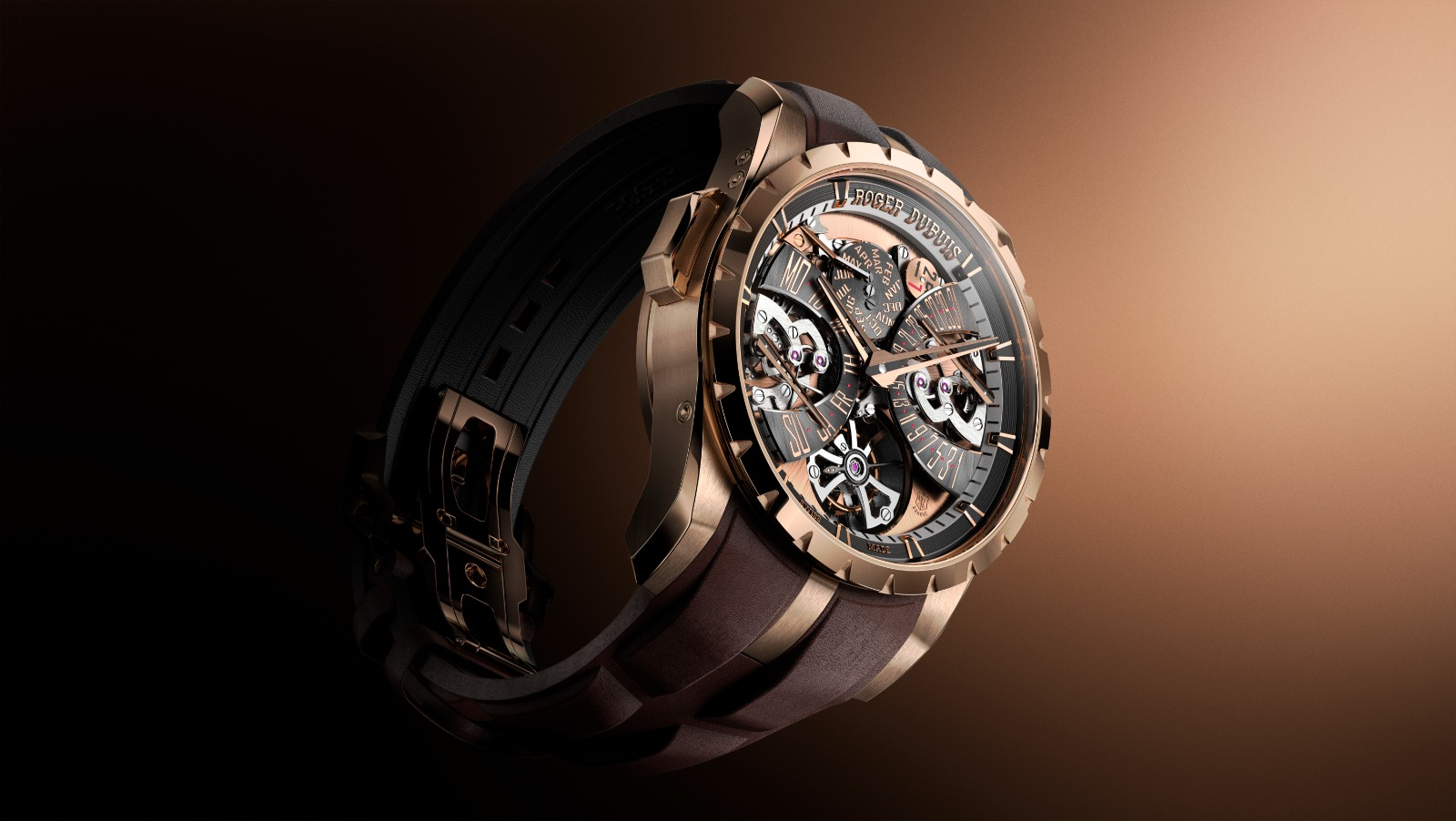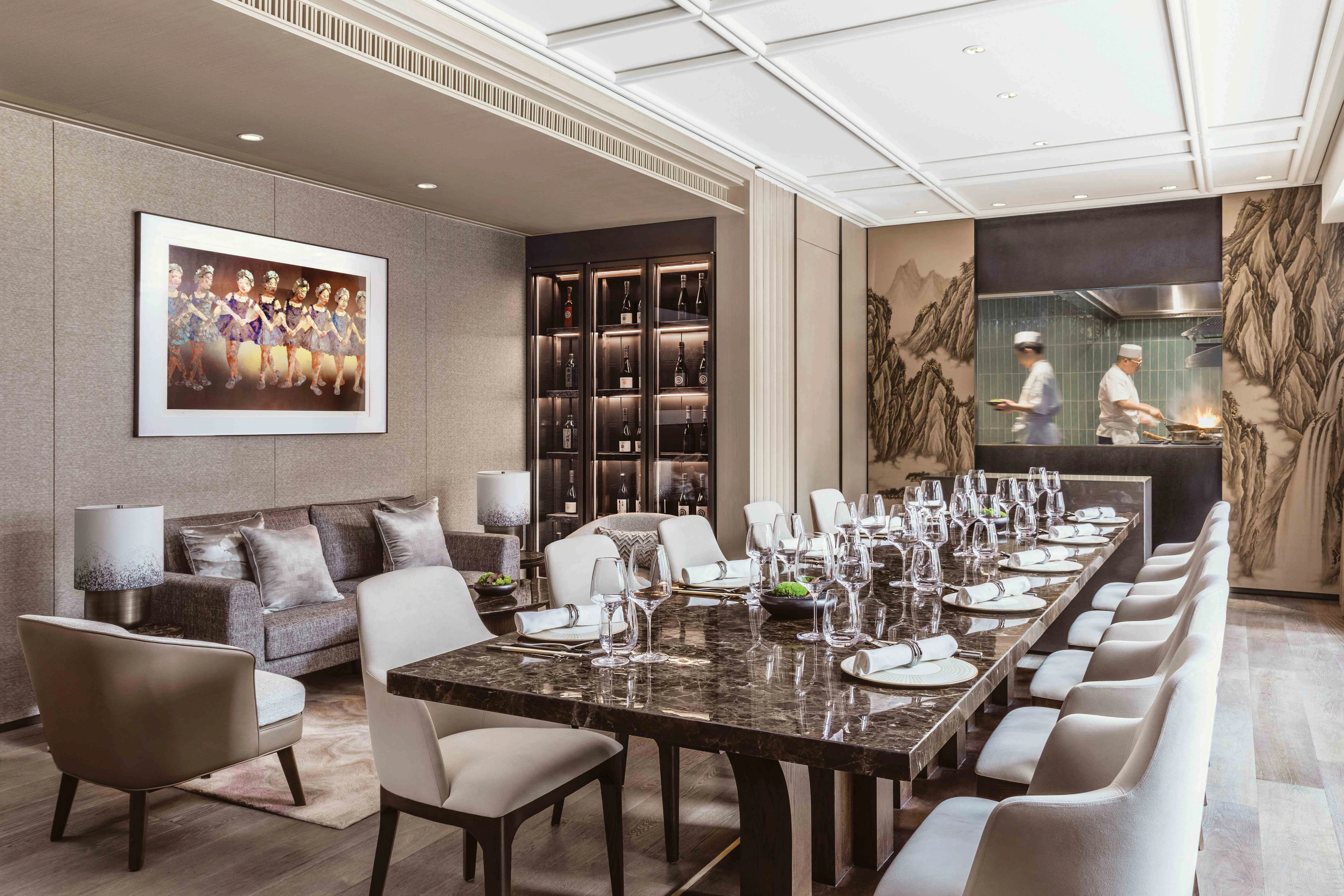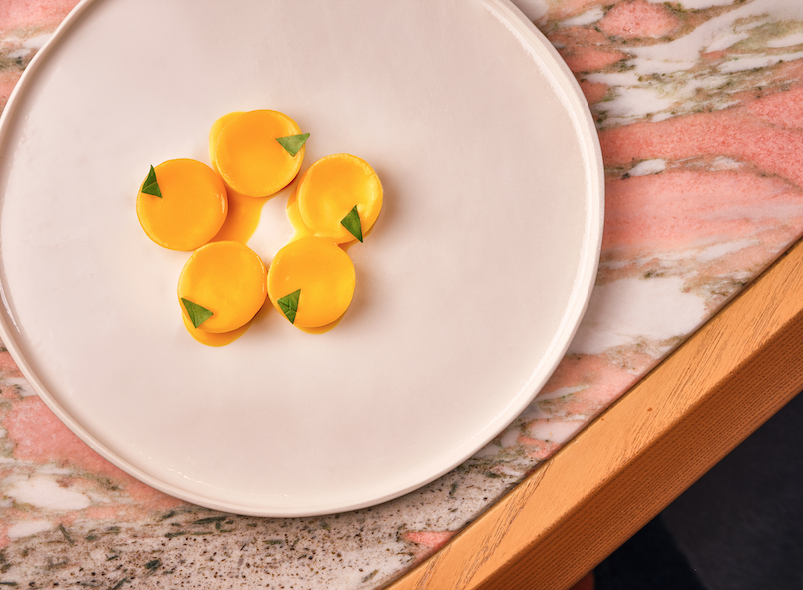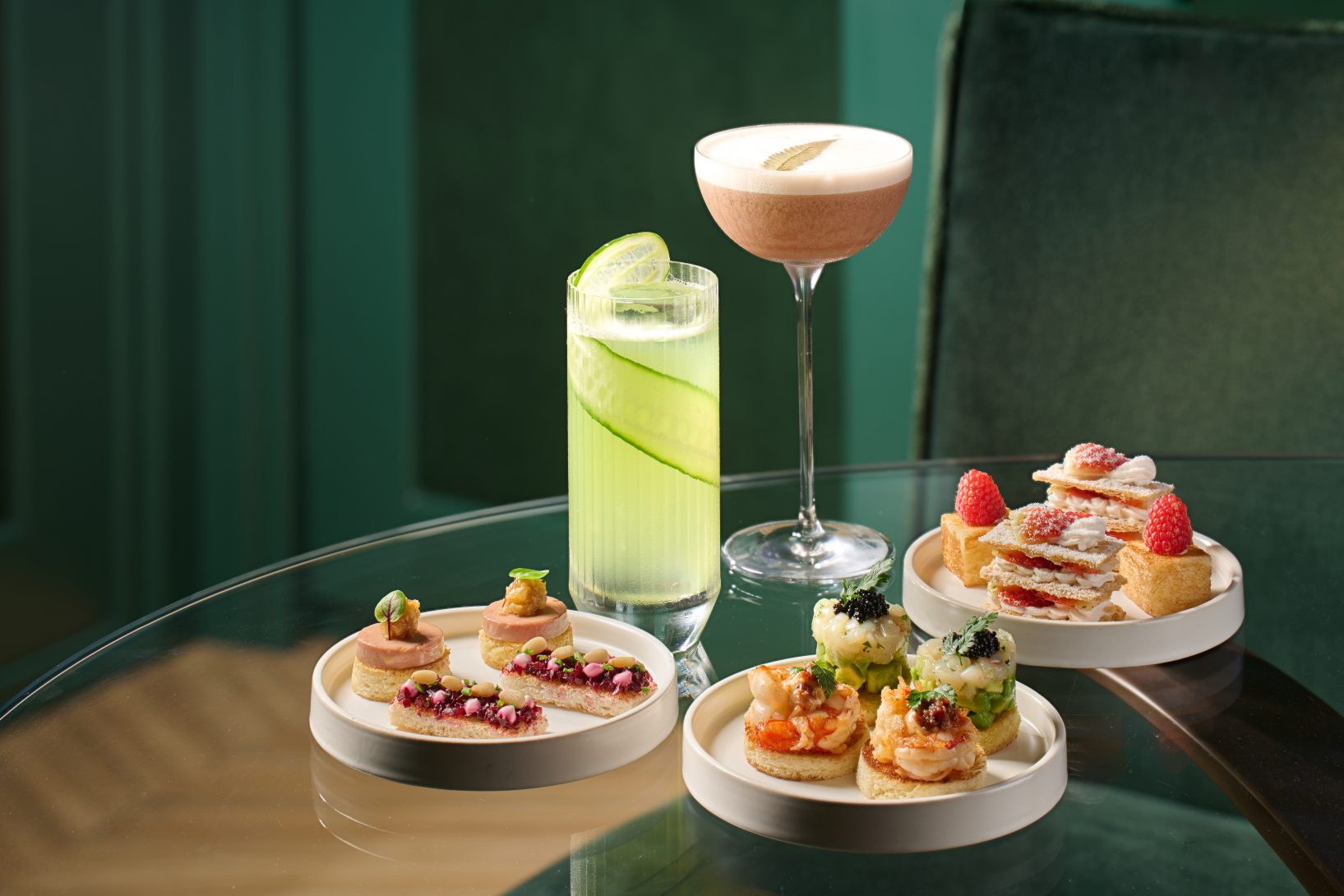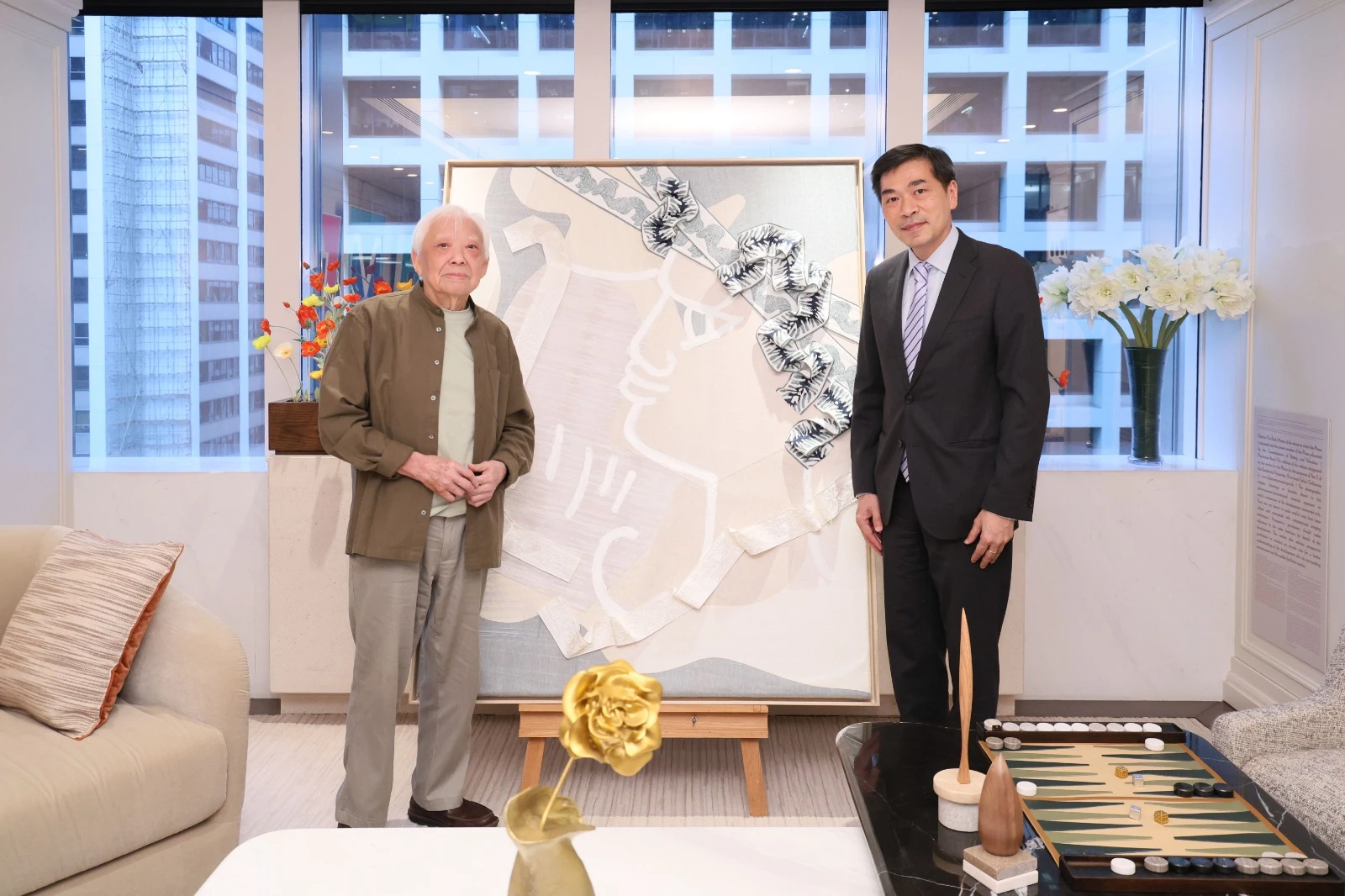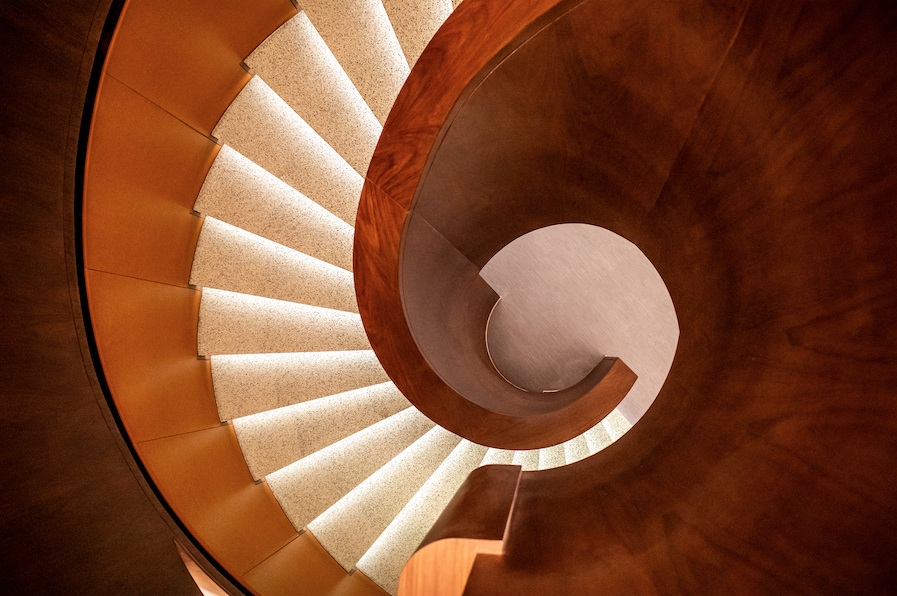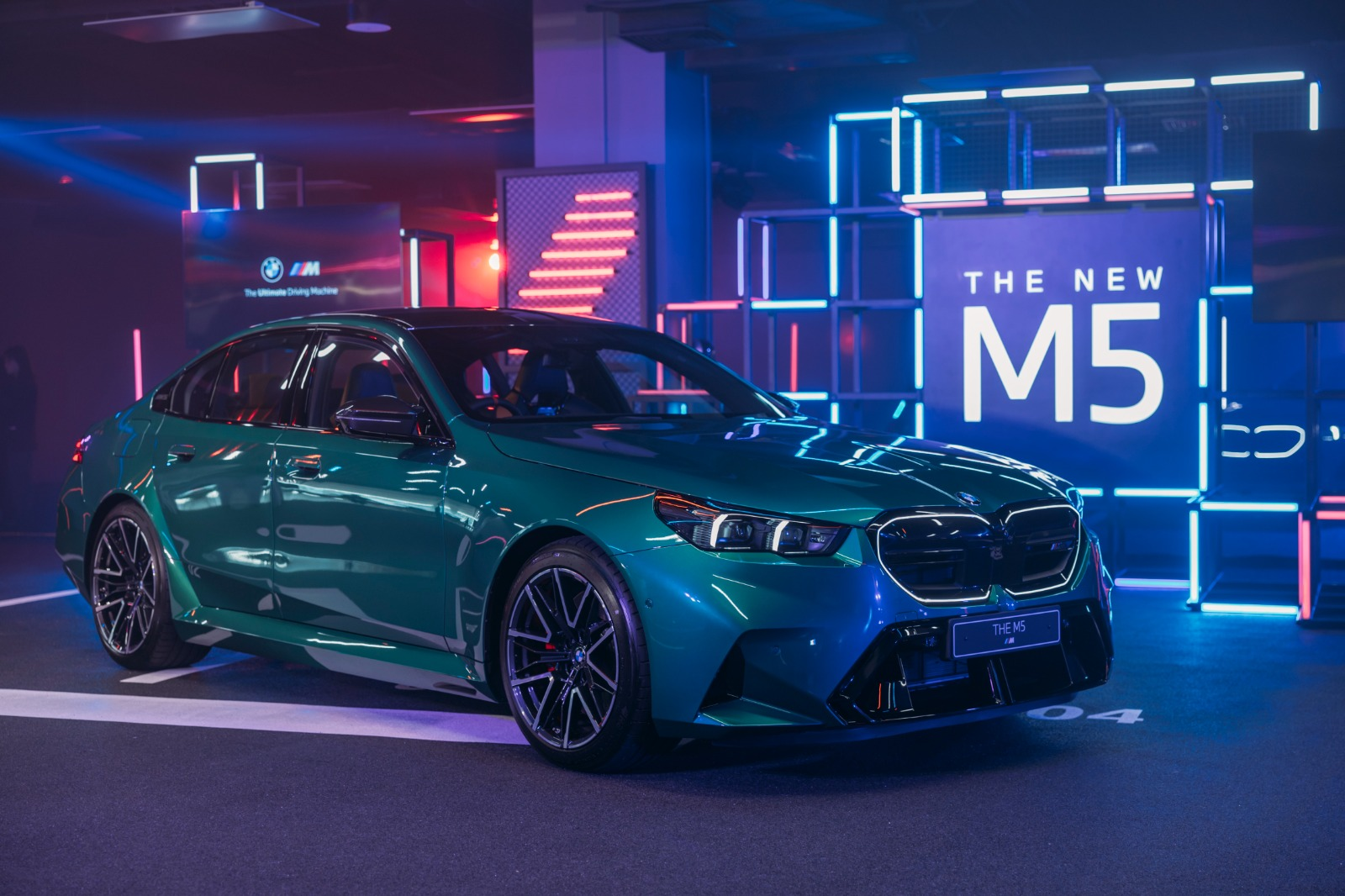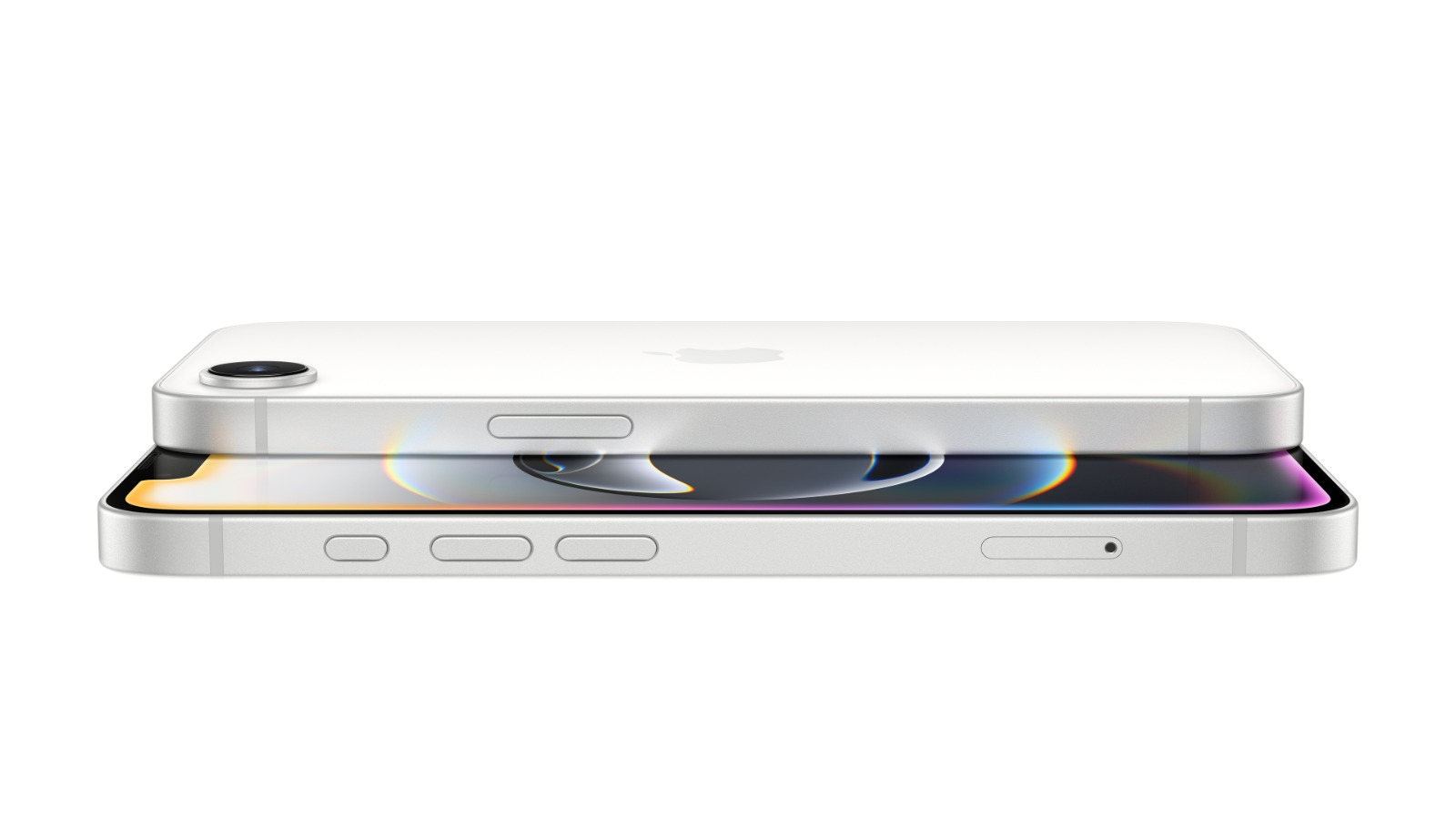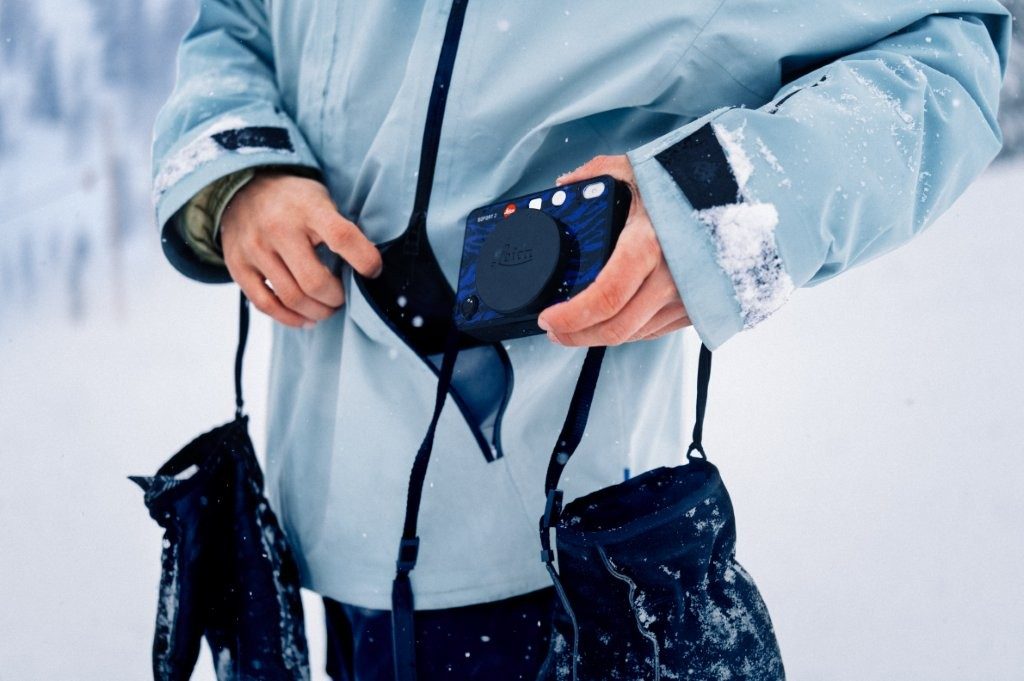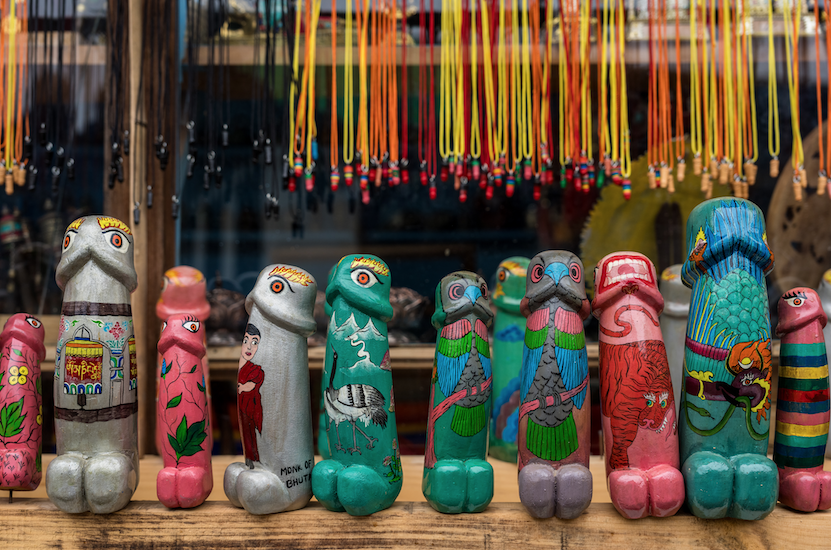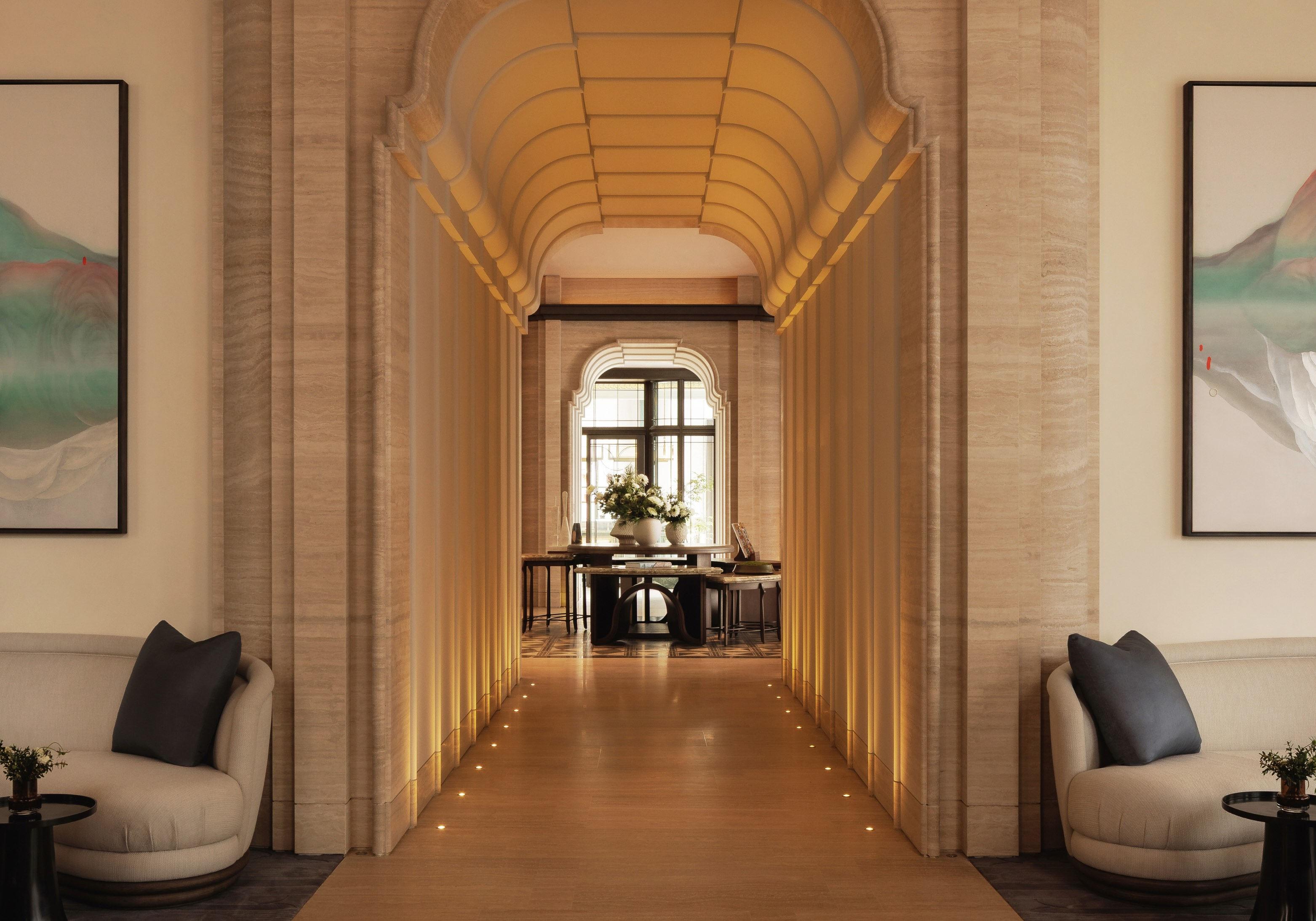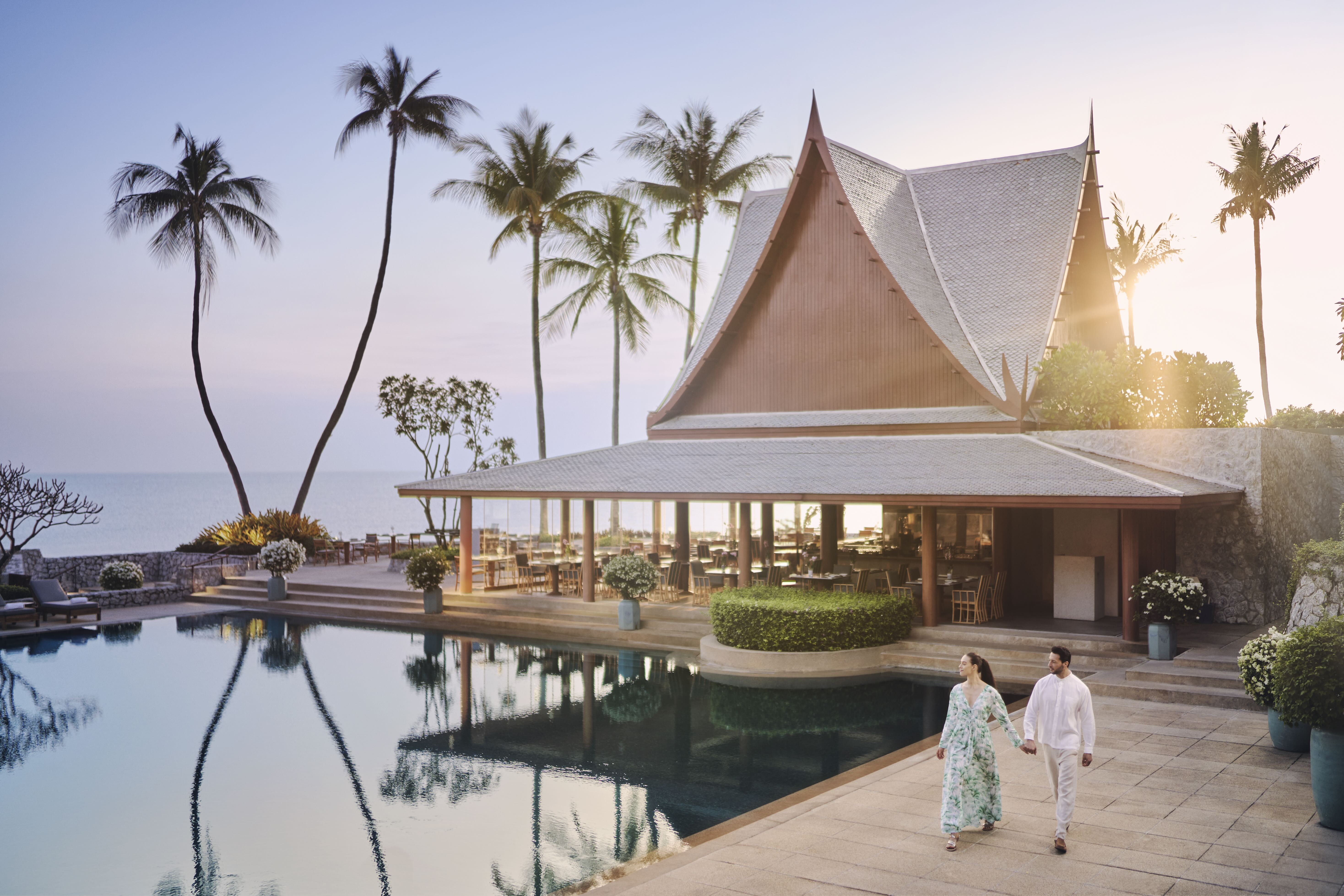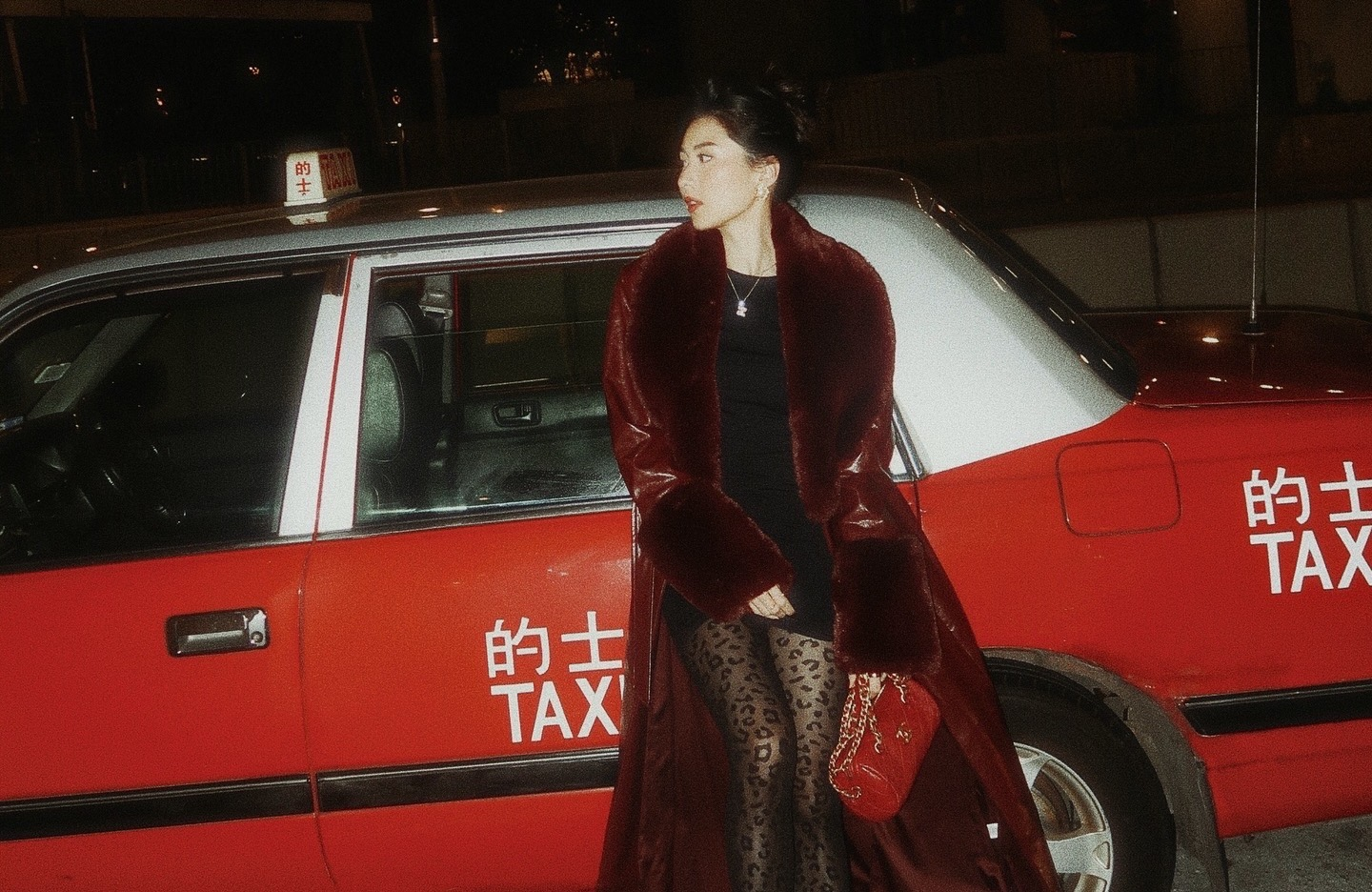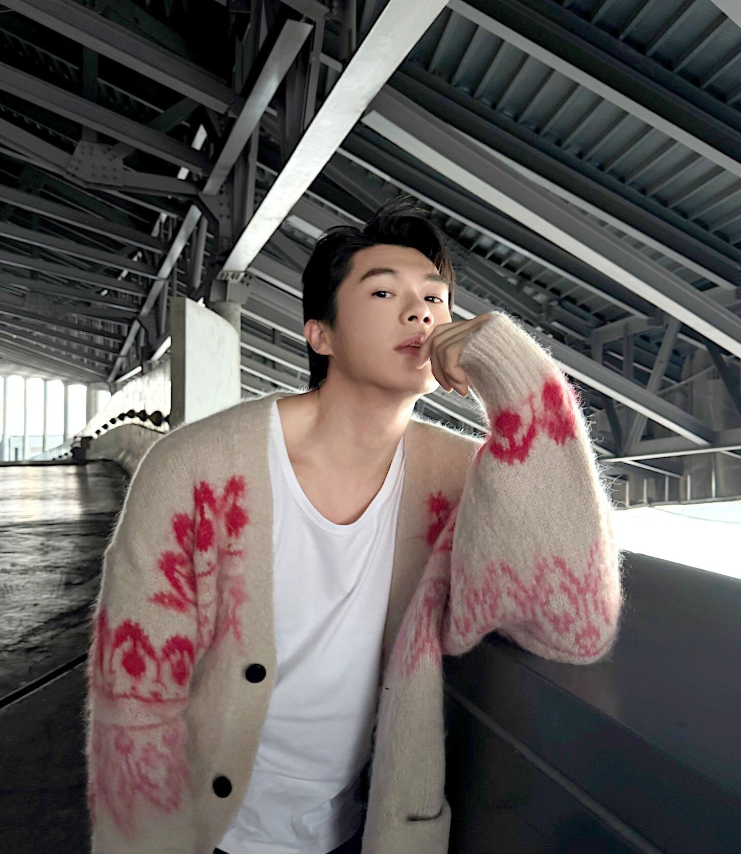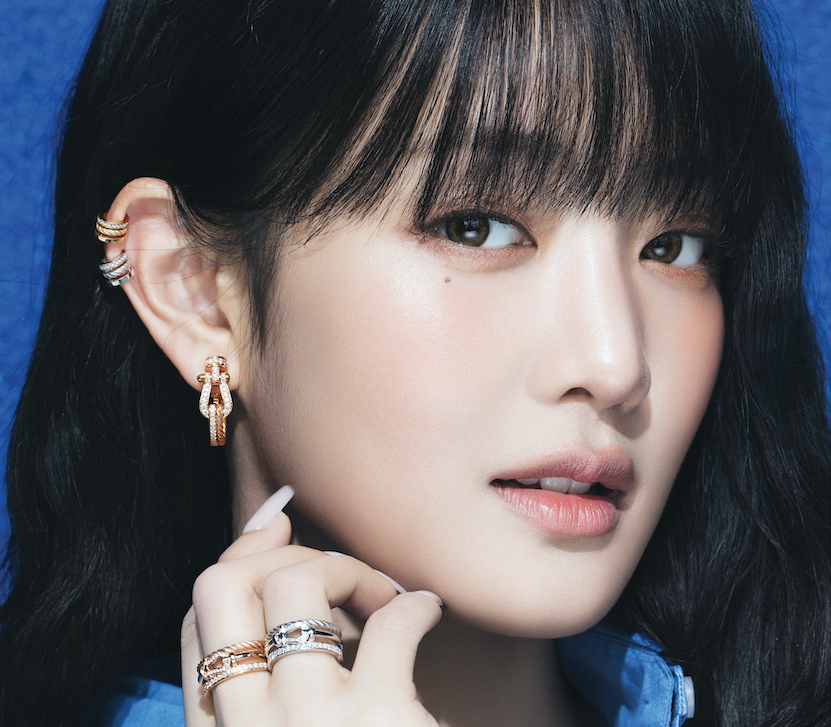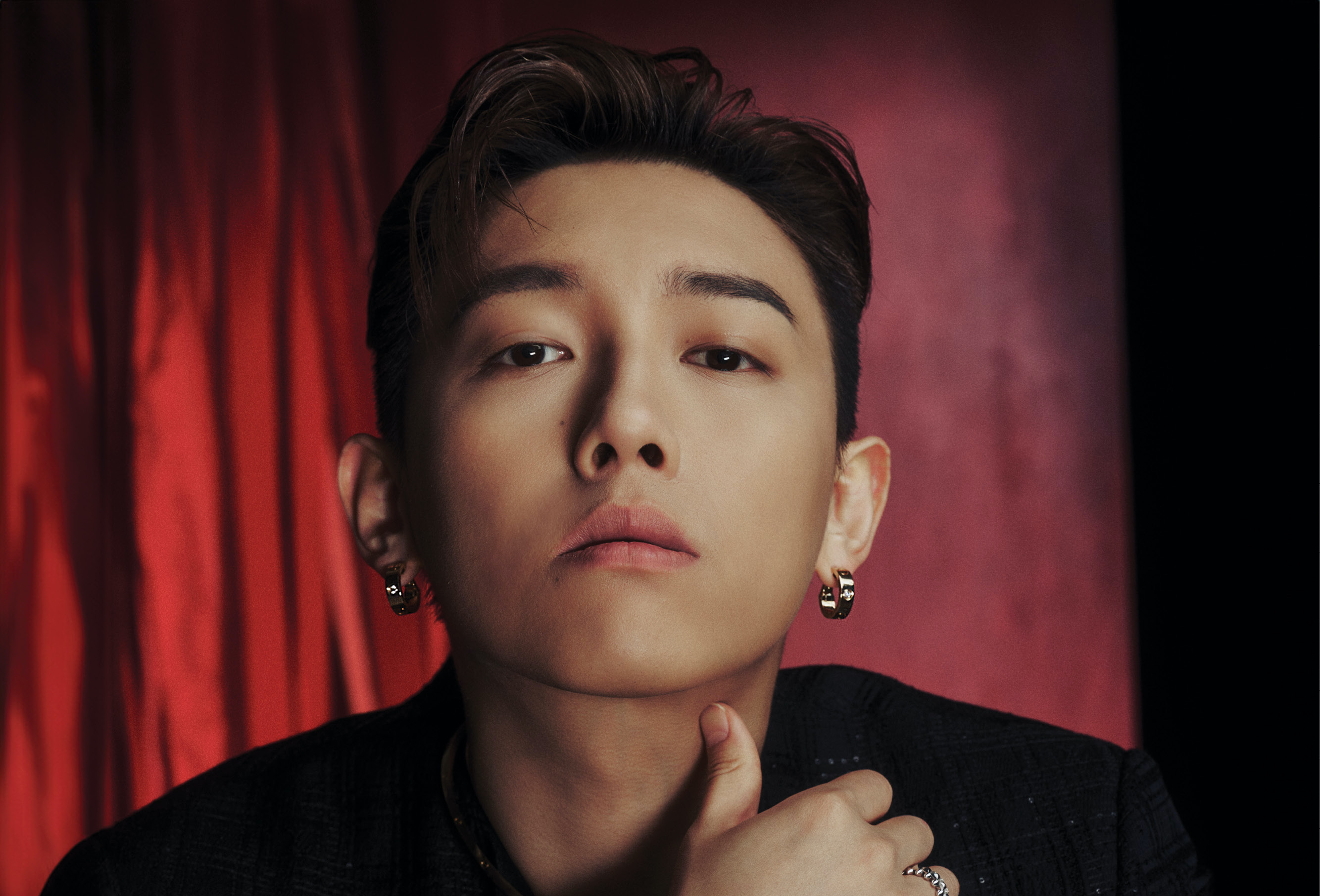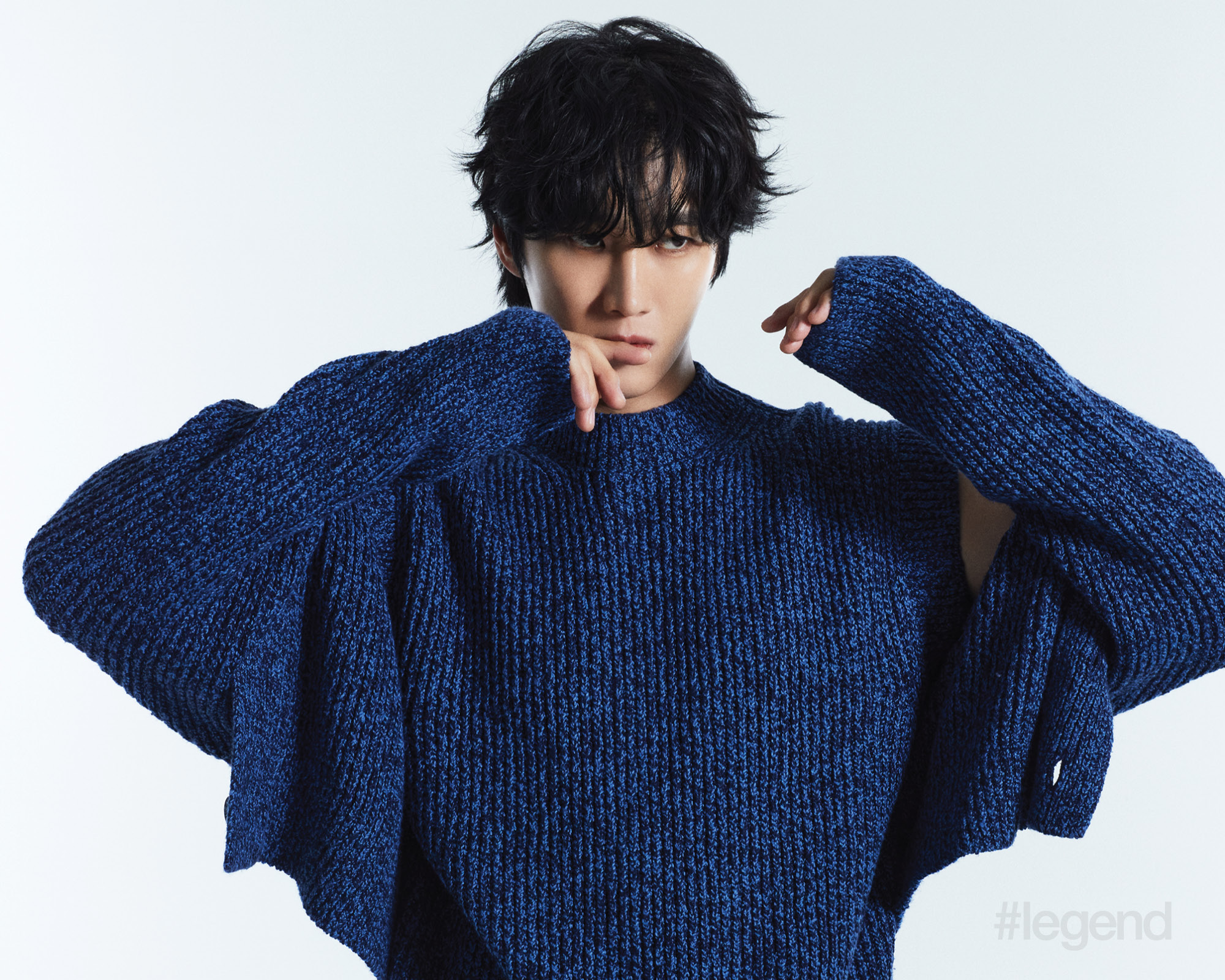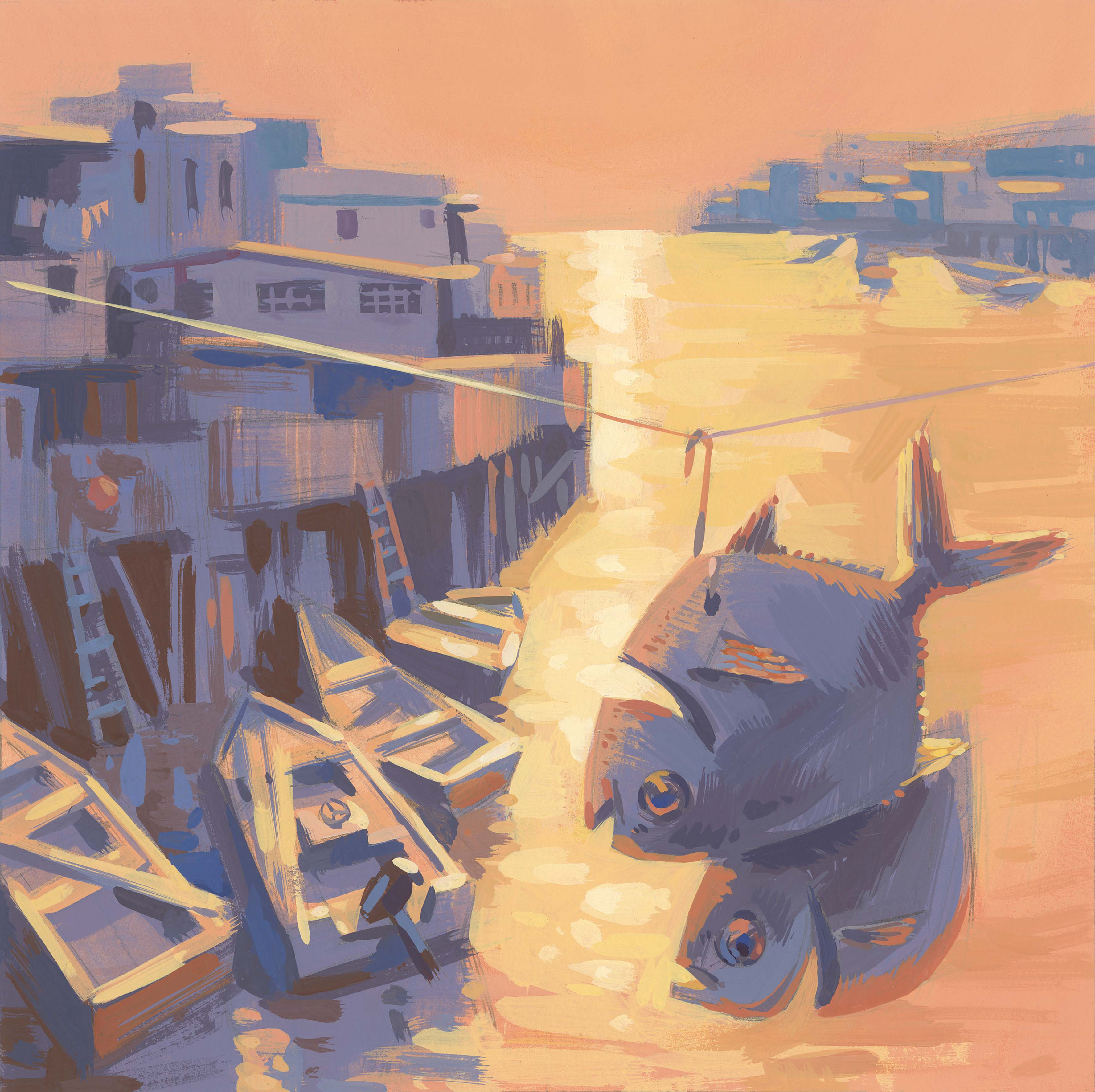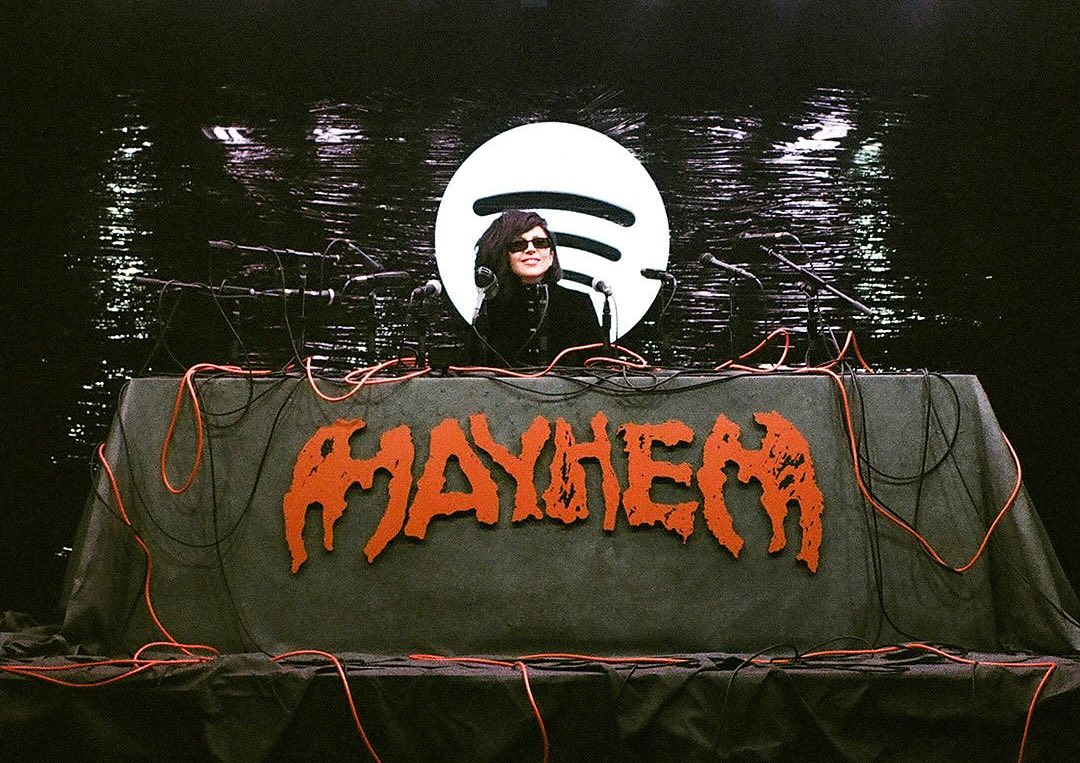Olivia Cotes-James on LUÜNA, Asia first female-led period care brand
Sep 26, 2019
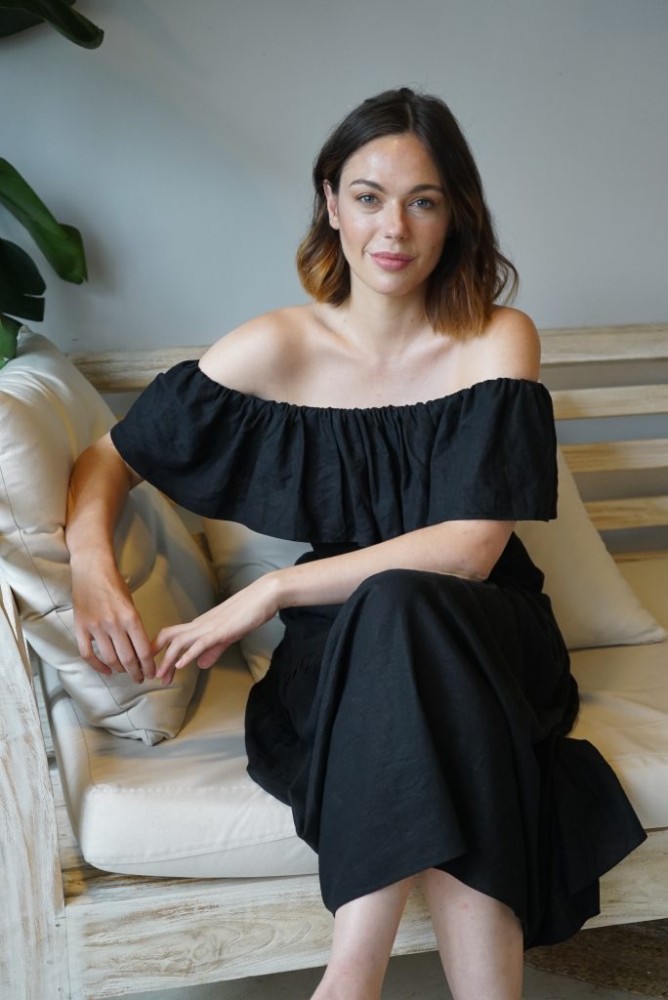
After I first met Olivia Cotes-James for coffee on a recent afternoon in Hong Kong, I spent a lot of time thinking about the importance of period health and its connection to female empowerment.
I had started researching the topic after watching the 2018 Oscar-winning short documentary Period. End of Sentence, which follows a group of Indian women as they learn to make low-cost and sustainable sanitary pads and sell them at affordable prices. The film sheds light on the taboo surrounding menstrual health in India and other places in the world and serves as a valuable catalyst to start much needed conversations and action around female hygiene and period care.
Cotes-James founded LUÜNA naturals, Asia’s first ever female-led period care company, in 2017 and has since been focusing on developing her line of organic tampons, liners and cotton pads.
Born out of practical need and the realisation of a huge gap in the Asian Market, the company’s mission is to change the way women experience their period through sustainable and healthy products while creating taboo-free content across the region.
As the brand is set to launch an unprecedented period subscription service in Hong Kong, we sat down with Cotes-James to discuss period health, LUÜNA’s business model and the importance of creating and promoting products that are practical, sustainable and empowering at the same time.
Tell us about the brand in general. What’s the idea behind it?
Our mission is to change the way women and girls experience menstruation. I’ve been doing this for around four years now, doing the research and the product development. Since we began there has been three pillars that we stayed true to and have become the pillars of our brand today: the development of healthier, more sustainable period care products; the creation of taboo free education around women health and our bodies; and a business model supporting period education for girls in need. We really do believe in creating a community and sisterhood of empowered modern women in Hong Kong and across Asia.
How did you come up with the idea of personalised subscription and how will it be useful to women?
This has been an idea I’ve had for four years now. the impetus came from living in Hong Kong, where I once was bringing boxes of tampons back from the UK to Hong Kong. I suddenly thought to myself: “how is this the situation in a modern city like Hong Kong where you can get almost everything that you want?” I just felt really saddened by the fact that this narrative is accepted by myself and my friends. So in response, I started thinking of which brands I could reach out to, to help grow that presence in Hong Kong. But I very quickly realised that even with the brands that I’ve used for ten years I couldn’t have a passionate conversation because their branding sucked and ultimately thought “well it’s no wonder women don’t want to talk about menstrual health if there are no cool brands making us want to feel inspired and making it fun or really trying to connect us to this part of life more deeply.”
The subscription service is really born out of this desire to increase access for women living in Hong Kong to these products and indeed across Asia. Through the journey I realised I didn’t connect with any of our period brands, I’ve them came to realise what the products I myself have been using were actually made of. Long story short, I’ve been allergic to them all my life as many women are, but we are just conditioned to dismiss these symptoms as normal. It’s about connecting women with safe, trusted period care.
What do you think of the state of period care in Asia?
A huge frustration about the feminine care in Asia is the lack of education around not just the products, but menstrual health. If I look back at the fact that big tampon brands have tried to crack the China market before, the way they have done it and how they really failed to go down the route of grassroots education, which is really necessary to convert women or at least allow women to know that there are products other than just sanitary pads. And you can see why that is: these companies are making millions of dollars from selling sanitary pads and their input in creating change and empowering women is actually quite low. So for me, there is so much space for a period care company to generally exist not predominately just to sell products but to educate women about the best options for their body, and by doing so naturally you will sell products. So the key to me for success in this modern day is really through doing what is right for your consumers and the planet.
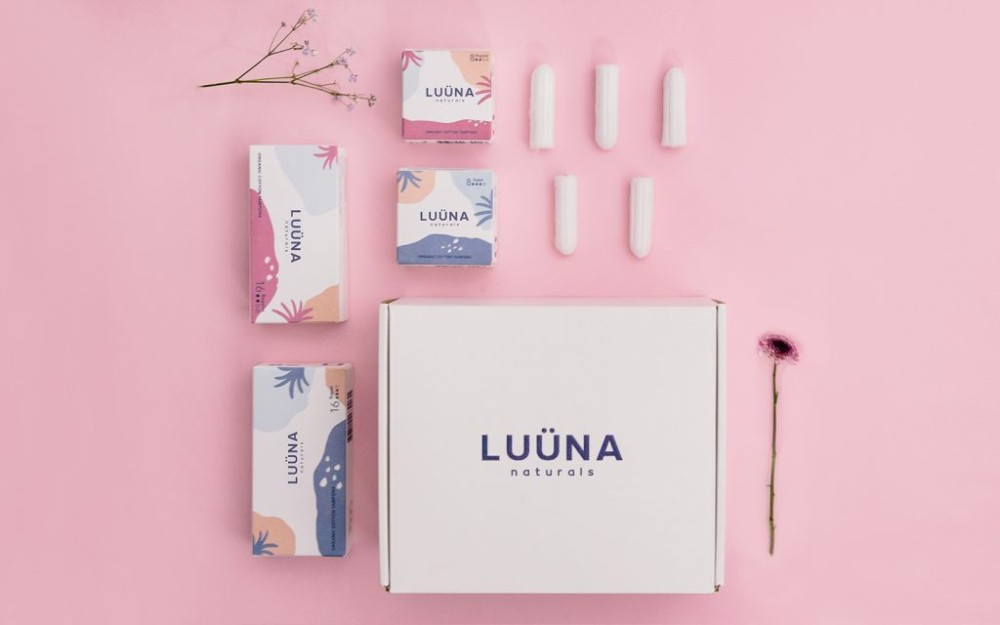
There are a lot of taboos around menstruation around the world. What do you think can be done to change this?
I think it’s about elevating menstrual care out of the shadows that always existed. You look at traditional sanitary care advertising and period care products are treated as sweets or you never know the women is on her period, whereas for us it’s really about making it relatable and fun and making it something women will want to talk about and want to be proud of. That feeds a lot into the stuff we do beyond our products.
We are doing a lot of content and events around menstrual health and womanhood more broadly so that women can really feel like their menstrual care brand is actually one of the coolest brands in their line of products. Through that, we can really reposition the way women and society feel about menstrual health. In LUUNA we always say that the silence around menstrual health is fundamentally the biggest barrier to the advancement of women and girls globally. I meet women every day who are CEOs of companies and are financially independent and independent in their personal relationships and every month they succumb to their fear, confusion and shame about what their body just naturally goes through. And if as empowered women cannot connect more deeply with our menstrual health, what chance do future generation of girls have on being empowered.
How did you find the brands and people you collaborate with to create a regional community and for your projects?
To me, we are a brand that can fit into anything, which is a very fun outlook for the team because we will reach out to anybody from health and wellness platforms, to cooking channels and even a men’s product platform because we’re really trying to tap in every aspect of society to get everybody talking about this.
I met our two main partners very early on. We’ve got Free Periods Hong Kong, which is based here lead by an amazing woman called Zoe Chang. I absolutely loved what she was doing in terms of educating girls in need in the city, talking about healthier and sustainable period care. And obviously, when you look at something like the menstrual cup, the advantages of girls from low income families using this product go beyond the environmental benefits. It really is a cost saving exercise as well. So we wanted to put the profit donations that we have from Hong Kong sales into supporting this initiative.
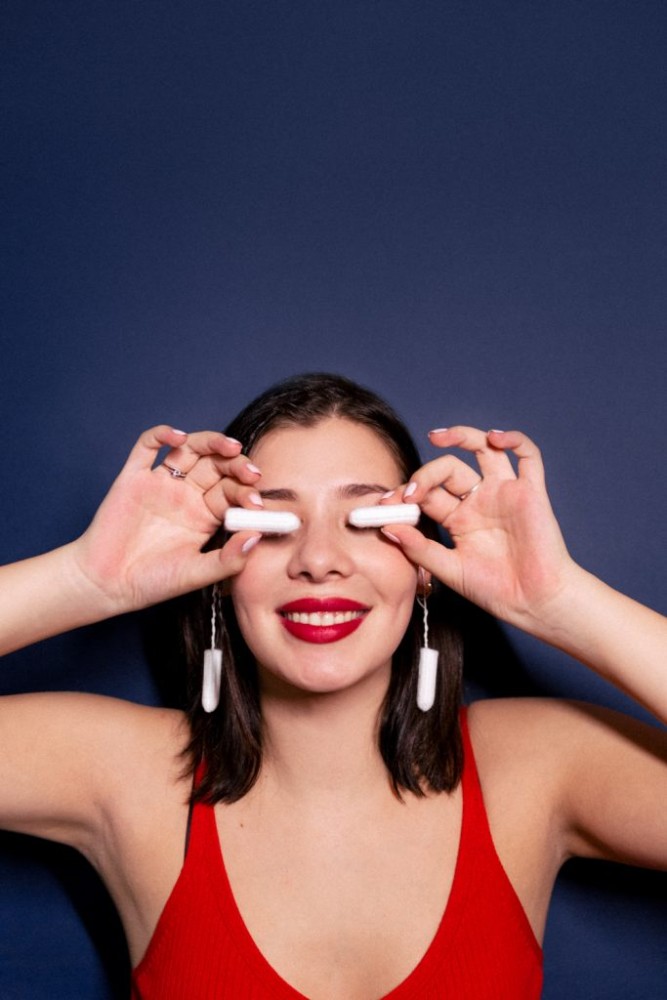
When it comes to Mainland China activities, I met this amazing woman called Cheng Shi, who’s the founder of Bright & Beautiful Girl Project (有靈且美). They do a lot of work on a phycological level to educate young girls in need in rural areas in China about feeling all connected to your menstrual health. And again, we aligned so close on the fact that the future of womanhood and equality and empowerment really lies in the hands of the next generation, that we really have to connect them so deeply to their periods. If we don’t, they will always feel that being a women is frustrating and lesser than being a men.
Did you face a lot of challenges to promote the brand? Mainly because of the taboo around period care.
Every day, I go through this amazing transition of being around such forward thinking people…And then I usually have another interaction, completely different, and I’m like “we have so much work to do.” We’ve have enormous debates about certain images we’ve been using, certain terms, particularly in the Chinese language, about what’s appropriate. Even for our Chinese name, it took us four months until we committed to it. Because some women and men found it too affronting. But ultimately we are well equipped after all this time to know where the line falls between being true to who we are and not alienating our target community.
Have you always wanted to be an entrepreneur? What is your background?
I always found this question so funny. I only recently started to think that maybe it was always in my narrative. For me it was a really unexpected thing: I just couldn’t stop thinking about the fact that I wanted and want to change the problems around menstrual health and became completely consumed by it. Before I knew it, it was a business and it was my life. Looking back, I was always trying to start stuff and pushing boundaries. Looking at the fact that in school and university I was always writing theatre, scripts, like satirical comedy about taboo topics in society. I came to realize quiet recently that I was always seeking to find ways of creating change so I think LUÜNA is in line with that.
What is next to the brand? At the moment most of your clients are in China and Hong Kong. Are you planning to expand to other places?
Definitely. It’s really amazing that even now we get contacted by corporations, by ambassadors from other markets in Asia who really want to help. For us, the thing we are really excited about is working with institutions like schools and clinics, corporations and hotels. Our community is the most important thing to us, but it needs to be supported in their work.
What are your biggest female inspirations?
If I’m talking about women who inspired me most, it is so truly the women in our community. It’s women who, against all odds, like having very traditional upbringings and influences, have just decided to seek out more information about their bodies and really want to be part of us, creating change in the way women in Asia live their lives. Every day I meet a new woman who just inspires me and the team to push on what we are doing and reminds us that what we are doing is so so valuable.


